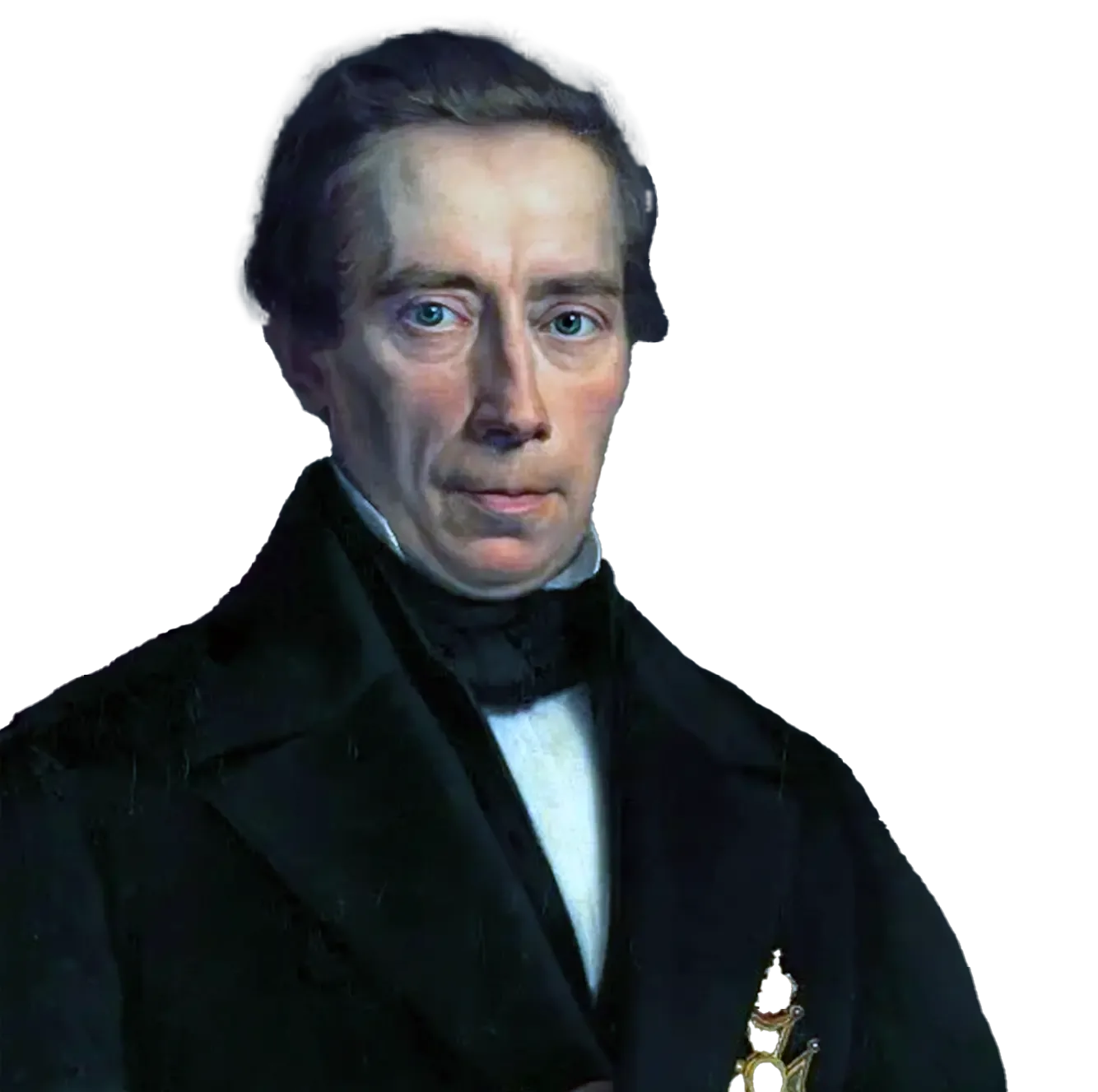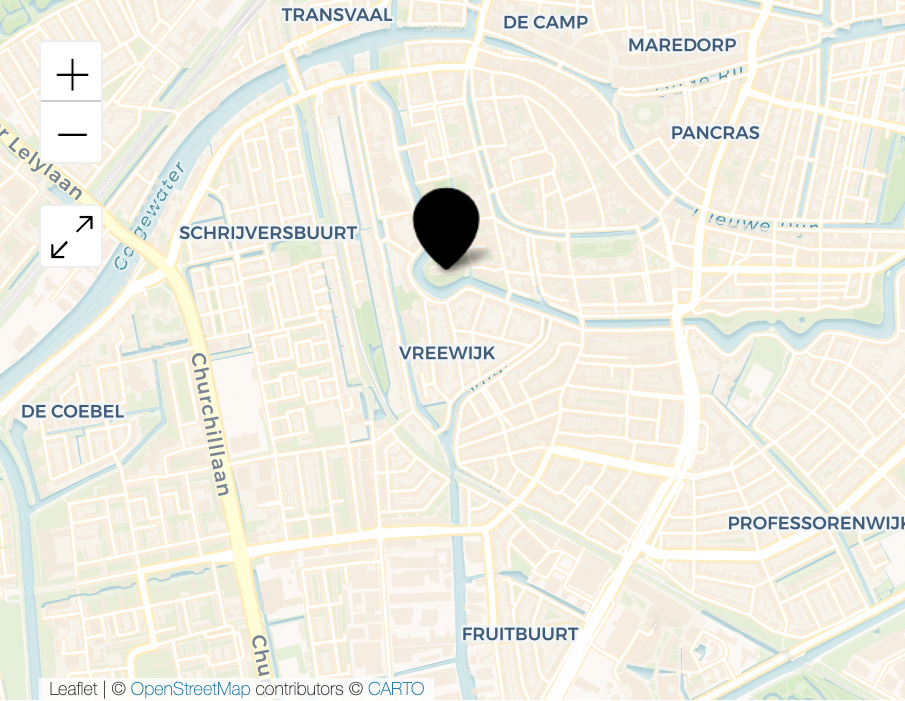In addition to an elected Parliament, the new constitution also brought about another important political change. For the first time in Dutch history, ministers – rather than the King or Queen – were responsible for national policy. This is why in the Netherlands it is the Prime Minister who runs the show: an indirectly elected Prime Minister and not one that is appointed head of state by birthright.
Germany
At the age of 33, Thorbecke was appointed Professor of Constitutional History in Leiden. This was not such a strange choice since he possessed both a Leiden background and the required international experience.
Thorbecke was born in 1798 in Zwolle and studied literature in Leiden, where he later also obtained his PhD. After his studies, he moved to Germany. Thorbecke came from a half-German family and he had many relatives in Germany. During his time there, Thorbecke studied then existing ideas on the philosophy of history, which laid the foundation for his later Leiden work.
Financial problems drove Thorbecke back to the Netherlands and in 1825 he was appointed Professor at the University of Ghent, which had been founded by King William I in 1817. Following the Belgian insurrection of 1830, Thorbecke was forced to leave the city. A year later he was appointed Professor of Diplomacy and Modern History in Leiden.
Lectures
Thorbecke’s Leiden lectures further explored the role of the Dutch constitution of the time. In 1839 he published the document Notes on the Constitution, based on these lectures, that represented his first public contribution to the ongoing debate on the revision of the constitution. Within a few months, it had sold more than a thousand copies.
A year later, a sequel followed, entitled Essay on the revision of the constitution based on the Notes. In response, King William II appointed Thorbecke head of the constitutional drafting commission responsible for preparing a constitutional amendment. In 1848 this commission adopted a new constitution, based almost entirely on Thorbecke’s work. He thus laid the foundation for the longest-lasting Dutch constitution. It was only in 1983, following a few interim changes, that this constitution was completely renewed and replaced by the current version. Thorbecke can therefore rightly be called the founder of Dutch parliamentary democracy.
King William III
From 1849 until his death in 1872 Thorbecke was Minister of Foreign Affairs and in practical terms also Prime Minister, as this position did not yet formally exist. He thus led three Cabinets under King William III.
This was by no means an easy job, since William III had a deep-rooted aversion for Thorbecke and his Cabinets. The King considered Thorbecke to be an anti-State revolutionary. The King would have liked nothing better than to get rid of Thorbecke and his Cabinets, but that proved to be impossible.
In other circles, too, Thorbecke made enemies. His democratic ideas were not popular in conservative circles. During his second Cabinet (1862 - 1866), Thorbecke was even sent a death threat by letter – an incident that shows that misconduct towards politicians is a phenomenon of all times.
Higher Civic School
Via this Cabinet, Thorbecke made another important contribution to Dutch society. He reformed secondary education by introducing a new kind of school. Alongside the existing Grammar School (Gymnasium), Thorbecke introduced a Higher Civic School (Hogere Burgerschool, HBS) which would continue to exist until 1968.
The HBS made it possible for talented children from the lower social classes to follow secondary education. This turned out to be a very wise move: many world-famous scientists from the second half of the nineteenth century began their career at the HBS. Famous examples include the later Leiden Nobel Prize winners Johannes Diderik Van der Waals and Hendrik Antoon Lorentz. Thorbecke thus also paved the way for the important role that Dutch universities, including Leiden University, would come to play in world science.

